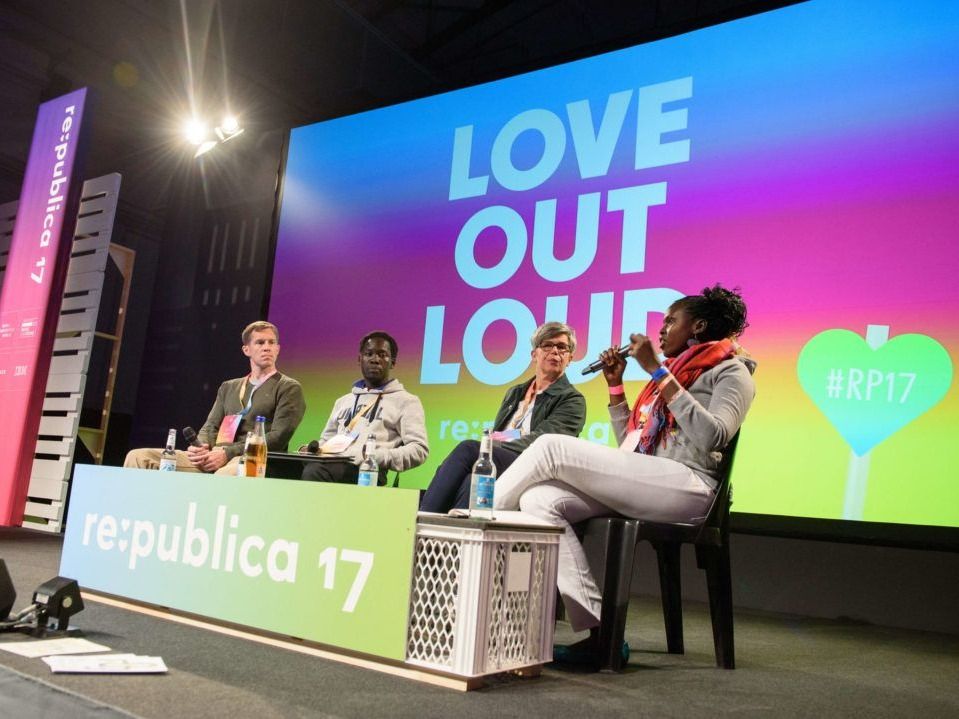UNITED NATIONS (AN) — Governments and businesses around the world including YouTube, Facebook and Twitter are doing far too little to prevent violence from online hate speech, the U.N.'s top independent expert in the field reported on Monday.
David Kaye, the United Nations special rapporteur on freedom of opinion and expression, urged nations and companies to ensure their policies on hate speech comply with international human rights law.









